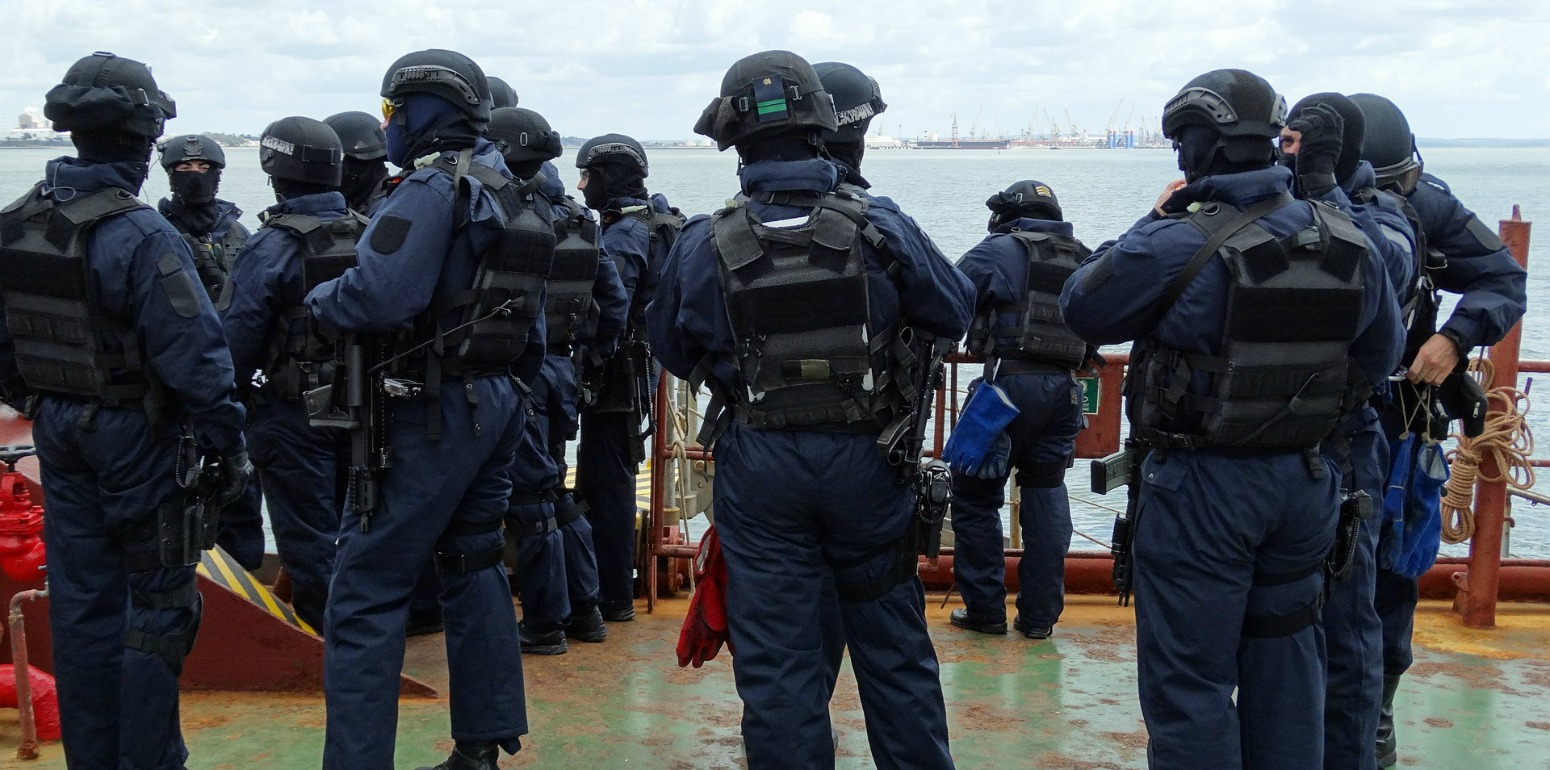This briefing, which CSCE Senior Advisor Elizabeth B. Pryor moderated, specifically focused on efforts to provide national police forces in multiple southeastern European countries with adequate and proper training and resources for the purpose of combating criminal activity. The countries in question (i.e. Armenia, Azerbaijan, Bosnia, Georgia, Kyrgyzstan, and Tajikistan) have needed particularly effective and professional law enforcement agencies.
Since the 1990s, the OSCE has helped to monitor and train police officers, with notable success in Kosovo, southern Serbia, and elsewhere in Southeastern Europe. At the time of the briefing, the focus had been shifted to countries in Central Asia and the Caucasus region, headed by Richard Monk, the witness in this briefing, who had been the OSCE Police Adviser since February of 2002.






